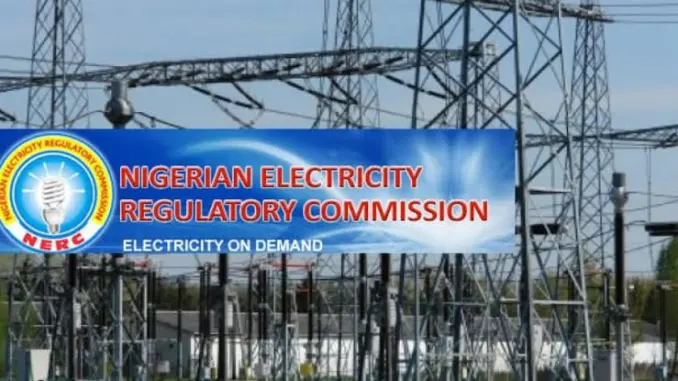Chairman of the Nigeria Electricity Regulatory Commission (NERC), Mr Sanusi Garba, said on Thursday that the federal government needs the sum of N3.2 trillion in 2024 if it reverses the recent upward review of the electricity tariff.
Mr Garba, who stated this during a stakeholders’ meeting held at the instance of the House Committee on Power, however, affirmed that current investments in the sector were not enough to guarantee a steady power supply.
He said if nothing concrete is done to address issues in the sector, including foreign exchange fluctuation and no payment for gas, the sector will be heading for doom.
He explained that prior to the recent review of tariffs, DISCOs were only obligated to pay 10 per cent of their energy invoice, adding that the lack of cash backing for subsidies is creating a liquidity challenge in the sector.
He said further that as a result of the non-payment of subsidies, gas supply and power generation have continued to dip, adding that the continuous decline of generation and system collapse are largely linked to the liquidity challenge.
He raised an alarm about what he called a looking risk, not a total shutdown by the generation and distribution companies; achieving cost-effective tarrif is key to the sustainability of the sector.
He further explained that between January 2020 and January 2923, tariffs increased from 55 per cent of cost to 94 per cent of cost recovery, adding that “the unification of FX and current inflationary pressures are pushing the cost-reflective tariff to N184/kWh.
He said, “If sitting back and doing nothing is the way to go, it would mean that the National Assembly and the Executive would have to provide about N3.2 trillion to pay for subsidies in 2024.”
Mr Garba also said that only N185 billion of the N645 billion subsidy in 2023 has been cash-backed, leaving a funding gap of N459.5 billion.
In his remarks, NERC Vice Chairman, Mr. Musiliu Oseni, who also justified the recent increase in tariff, said the increment was needed to save the sector from total shutdown.
Speaking earlier, the Chairman, House Committee on Power, Hon. Victor Nwokolo, explained that the essence of the meeting was to address the recent increase in tariffs, the issue of band A, and others.
Hon. Nwokolo said the officials of NERC and DISCOS have given the committee useful information, adding, “We have not concluded with them because the Transmission Company of Nigeria was not here and the Generation Companies too.
“We will hold further consultations with them by next week. But from what they have said, which is true, without the change in tariff, which was due in 2022, the industry lacks the capital to bring about the needed change.
“Of course, with the population explosion in Nigeria, the areas being covered are beyond what they have estimated in the past, and because they need to expand their own network, they also need more money.
“Every day, there are changes to the exchange rate, and there are also threats to power installations because of security, thereby increasing the overhead.
“The committee has not fully agreed with them because we are not saying either yes or no because we want to get more input and also find out the possibility of gas being sold to them in naira. More of this is dependent on generation, and without the gas, you cannot have power.
“The Committee cannot take any decision to stop the increase in tariff. That decision can only be taken by the entire House and not at the committee level. There must be a House resolution to stop it.
“That is why we are happy that the House is not sitting next week, as that will afford us an opportunity for wider consultation so that we know what to present to the entire House.
“We are interested in the timeline for improvement in service delivery because what Nigerians want is service delivery because light will take care of our security challenges and many other things.”
ALSO READ THESE TOP STORIES FROM NIGERIAN TRIBUNE
